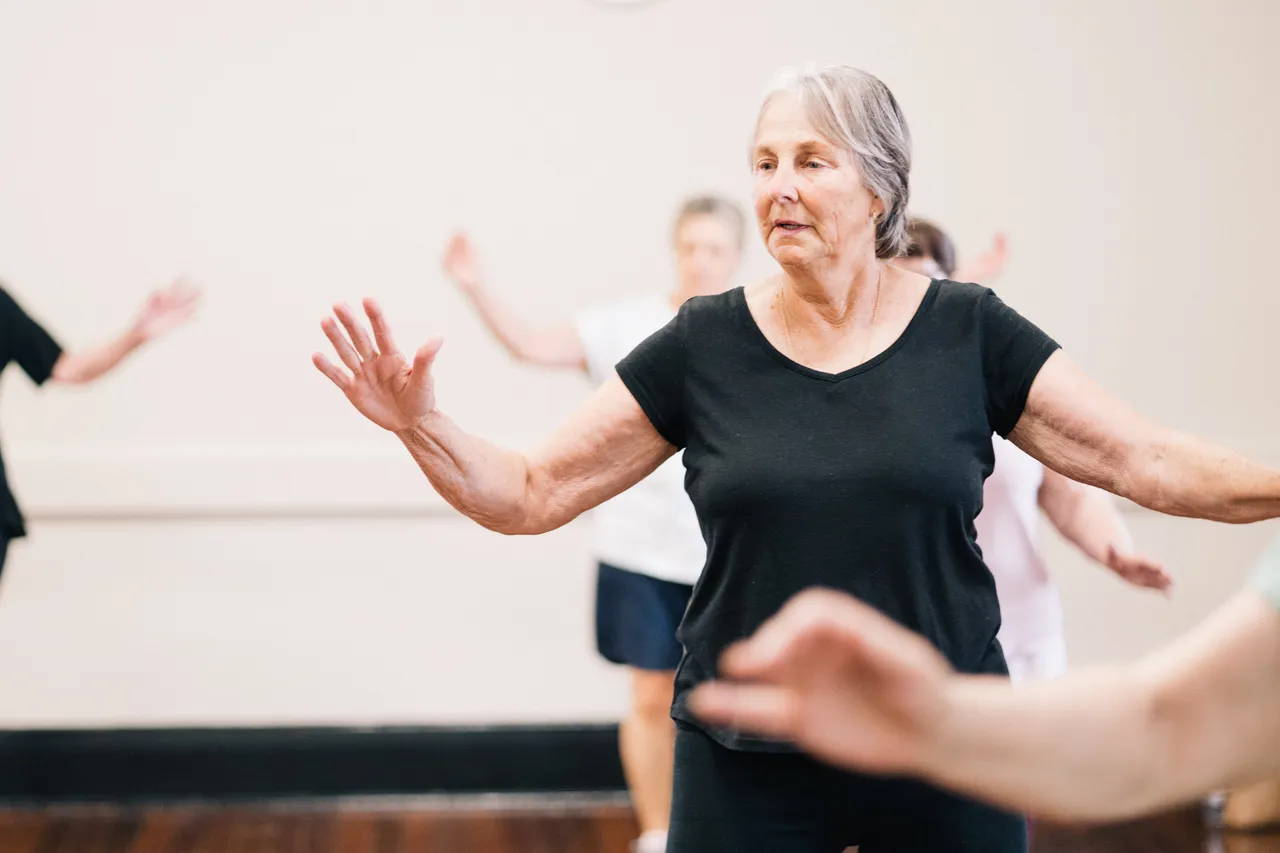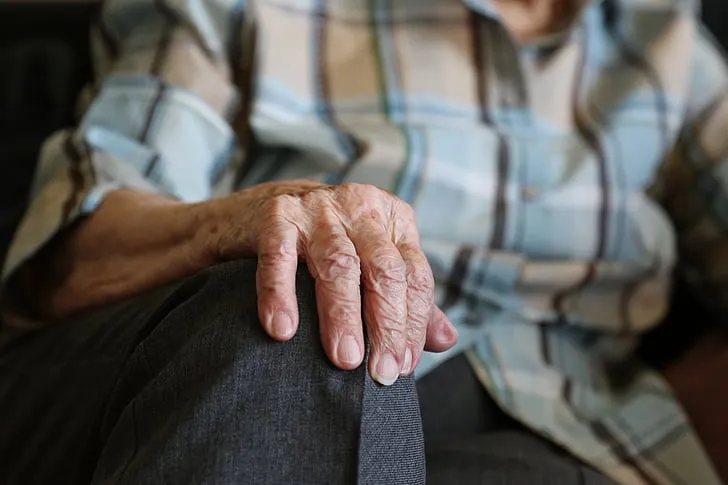Looking at the topic, you may be wondering what science has to do with the age factor, but it has become a serious issue where WHO has described ageism as a systematic way of oppression but unlike other cases of inequality like sexism, or racism, it is possible for anyone to experience this one.
Certainly, the age factor is one of the early considerations we notice about people, but in the same vein, this age factor can be used to classify and divide people in ways that could lead to harm and injustice.

pexels.com
Ageism can be classified as a form of discrimination against older or younger people, it has become so invoked in our culture that it is even difficult to notice easily.
The situation of ageism varies based on the situation involved, when the situation is a hostile one, it takes someone who has opened aggressive beliefs about age. Categorizing ageism is also dependent on the consciousness of the person practicing it, when the person is not aware of the act, it is called implicit ageism.
Ageism can be categorized into three, we have;
Institutional ageism- this occurs with an institution perpetuates ageism through set actions and policies.
Interpersonal ageism happens with social interactions.
Internalized ageism happens when there is an internalizing of ageist beliefs and applies them to themselves.
How do you identify a person who is practicing ageism;
Requesting the age of a person during a job interview when it isn't necessary for the employment process.
Refusal to hire people who are under or over a particular age.
Treating some family members as though they are unintelligent, or invisible simply because of their age.
Harassment or bullying of either younger or older ones.
Considering older people as being less productive, out of touch, or stuck in some ways.
Making jokes that imply that one has become less valuable simply because of a person's age.
Making it a habit to undermine others due to their age, and finding it as an opportunity to control and deceive them.
Considering younger people as being irresponsible, unskilled, or not trustworthy.
Disregarding people's wishes and concerns because of their age.
Making offensive generalized statements about a particular generation.

pickpik.com
Ageism has lots of negative effects on the physical and mental well-being of those who are victims of the situation. At the workplace, the process of hiring and promotion is affected by the presence of ageism.
Apart from individuals, ageism in the long run has very high consequences, it could result in; poverty, high sickness rate, harassment, denied opportunities, higher spending in terms of healthcare, infantilization, and lower life expectancy.
To create a more sane society and stop the disasters caused due to ageism, the WHO has designed three major techniques to help combat ageism, they include;
Intergenerational interventions will create cooperation and empathy between all age groups involved.
Changes in the policies and laws of the organization will reduce discrimination and inequity.
Increased education on the topic to help dispel myths and awareness created to help impact ageism.
Conclusion.
Ageism is a terrible occurrence that could create a negative impact on a person's mental health, it is a strong discrimination against older or younger people creating very strong and inaccurate stereotypes.
References.
https://www.apa.org/monitor/2023/03/cover-new-concept-of-aging
https://www.medicalnewstoday.com/articles/ageism#stopping-ageism
https://www.helpguide.org/articles/aging-issues/ageism-and-age-discrimination.htm